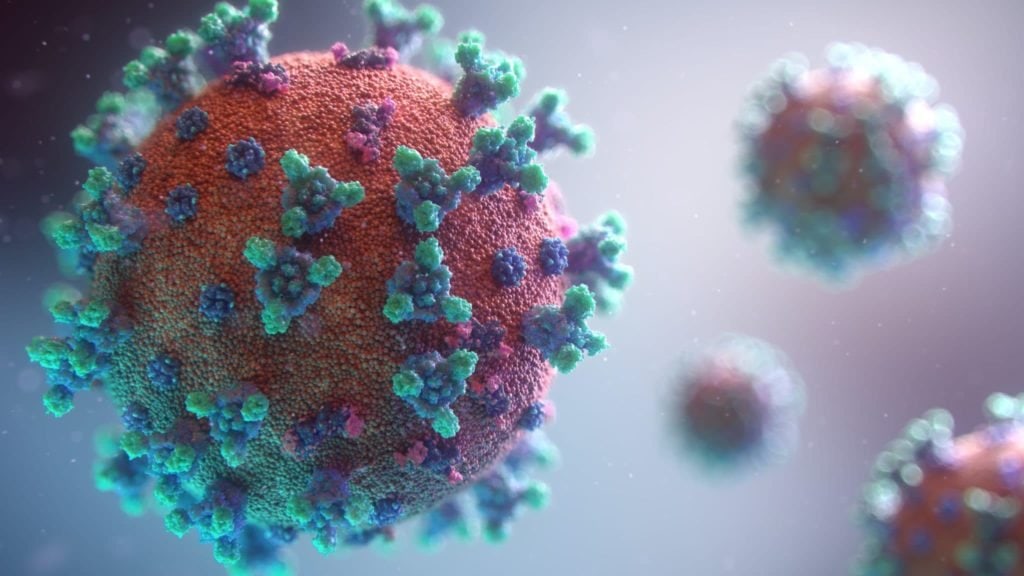Most Common Chronic Symptoms After COVID-19 Vaccination: November 2023 Study
A November 2023 study (Yale University) shows some of the most common chronic symptoms among people who began experiencing the problems after receiving a COVID-19 vaccine.

The most common symptoms were exercise intolerance, excessive fatigue, numbness, brain fog, and neuropathy, researchers reported in the paper.
Insomnia, palpitations, myalgia, tinnitus, headache, burning sensations, and dizziness were also experienced by at least half of the participants in the study, which was funded in part by the U.S. National Institutes of Health (NIH).
Participants reported a median of 22 symptoms, with a ceiling of 35.
The study focused on people "who report a severe, debilitating chronic condition following COVID-19 vaccination" that "began soon after COVID-19 vaccination and persisted in many people for a year or more," the researchers said.
The study was led by Dr. Harlan Krumholz of the Department of Internal Medicine at the Yale School of Medicine and Yilun Wu of the Yale School of Public Health's Department of Biostatistics.
Methods
The paper comes from Yale's Listen to Immune, Symptom and Treatment Experiences Now (LISTEN) research, which examines both so-called long COVID and post-vaccine adverse events.Researchers began recruiting participants in May 2022. Participants filled out a survey, and researchers had access to their health records.
The study featured adults who reported post-vaccination problems from May 2022 through July 2023. The 388 people who also reported so-called long COVID, or lingering symptoms after COVID-19 infection, were excluded. Another 146 people who didn't completely fill out the survey were also ultimately left out.
The median age of the participants was 46, and 80 percent were female. Approximately 88 percent live in the United States.
The design of the study means no causality could be confirmed, the researchers said. While they acknowledged the chronic symptoms could be caused by the vaccines, they alleged they could also be unrelated and have occurred by change, but also said the clustering of symptoms soon after vaccination "suggests a potential relationship."
Known side effects of the vaccines include heart inflammation, severe allergic shock, and Guillain-Barré Syndrome.
Other issues have been linked to the vaccines by some but aren't recognized as widely as confirmed side effects.
The symptoms could be quite painful. Participants reported a median of 80 on a scale of 100 when asked how bad their symptoms were on their worst days.
Lingering Symptoms
In the week before completing the survey, 93 percent of participants said they felt unease at least once.More than eight out of 10 reported feeling fearful, and 81 percent reported feeling overwhelmed by worries.
Feelings of helplessness, depression, hopelessness, and worthlessness were also commonly reported.
Nearly the entire group said they felt rundown and 91 percent said they suffer from sleep problems.
On the other hand, half of participants reported being in good, very good, or excellent condition. Still, the rest reported fair, poor, or unknown status.
The symptoms started for many people soon after vaccination. The median time of symptom onset was three days. Seventy-seven percent of people experienced the symptoms after their first or second shot.
Problems Before the Pandemic
Nearly half the participants had allergies before the pandemic, according to the study.About three quarters of the participants in total had at least one comorbidity, such as allergies.
Behind allergies, the most common comorbidities were gastrointestinal issues, with acid reflux as an example; anxiety disorders; depressive disorders; and asthma.
Treatments Tried
Many participants tried multiple treatments for their symptoms.Nearly all tried probiotics, which help boost good bacteria in the body.
Vitamins and supplements were also frequently turned to, with vitamins b12, c, and d and ibuprofen being the most popular.
Anti-inflammatory drugs, including ibuprofen, were used by a majority of participants.
Oral steroids such as dexamethasone were used by about half of the group.
Lifestyle changes were also common, with 51 percent limiting exercise or exertion, 44 percent cutting alcohol or caffeine, and 44 percent increasing or decreasing how much salt they consumed. Another approximately four in 10 changed their diet.
BMJ Report Raises Concerns That CDC Vaccine Adverse Event Reporting System Is Broken
Sources:
Editor's Note:






.png)

Comments
Post a Comment